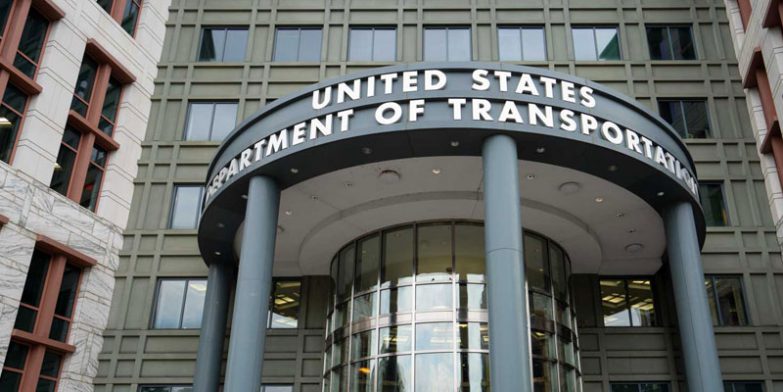
The Federal Maritime Commission (FMC) has received more than 200 complaints since the US Ocean Shipping Reform Act of 2022 (OSRA) was enacted in June 2022, with over 30% being referred to investigators and more than $700,000 in demurrage and detention refunded by carriers under informal settlements.
In addition to the informal settlements, one carrier paid a $2 million civil penalty in June over detention fees it assessed to a drayage firm for containers the trucking company could not access and now a Wisconsin-based non-vessel-operating common carrier (NVO) is accusing the same line and its rail subcontractor of improperly levying nearly $300,000 in fees against the NVO, after it exceeded container free time, attempting to retrieve boxes, it says it could not access.
There is no hope of the UK or EU following the FMC’s lead in challenging container shipping lines over demurrage and detention billing, but there are things that shippers can do to minimise their exposure to these unwelcome charges on both sides of the Atlantic.
The difference between demurrage, detention and storage fees
Demurrage is the charge the shipper pays the shipping line for the container remaining on the terminal or port, beyond the free time period. Detention is what the shipper pays the shipping line for the use of the container from the terminal or port and up to restitution of the empty container, beyond the free time period, while storage fees are levied on shipping lines for containers uncleared for import, full containers yet to be shipped for exports, and empty containers within the port.
By charging demurrage and detention, shipping lines can ensure that containers are returned to them as soon as possible, while port storage fees are designed to keep the port free of congestion and maintain the free flow of container in the port, with carriers typically passing on the charge to shippers.
IMPORTANT – Demurrage and storage charge might appear to be the same, but they are not. They can be levied independently and the same consignment can incur both simultaneously – increasing over time – after the relative free periods have ended.
We work with you to minimise the risk of demurrage, detention and storage fees by:
- Identifying the number of free days offered by the shipping line and port and planning the processing of your container accordingly.
- Understanding whether there are any special requirements for your cargo and preparing customs clearance in advance.
- If cargo does requires special handling, such as food products or hazards, we will seek to negotiate additional free days to create a buffer for any possible delays.
- Use our track and trace and daily reporting updates to monitor the arrival and availability of your cargo.
- Share shipment delivery instructions at the earliest opportunity with all parties, including the port, carrier and your destination, for a smooth unloading, collection and delivery process.
- Deploy our in-house haulage resource in the UK, and our trusted-haulage partners in the EU and US, to avoid delays, guarantee uplift and empty restitution.
EMAIL Adam Davies to learn more about our sea freight solutions and demurrage/detention/port fee mitigation strategies.





